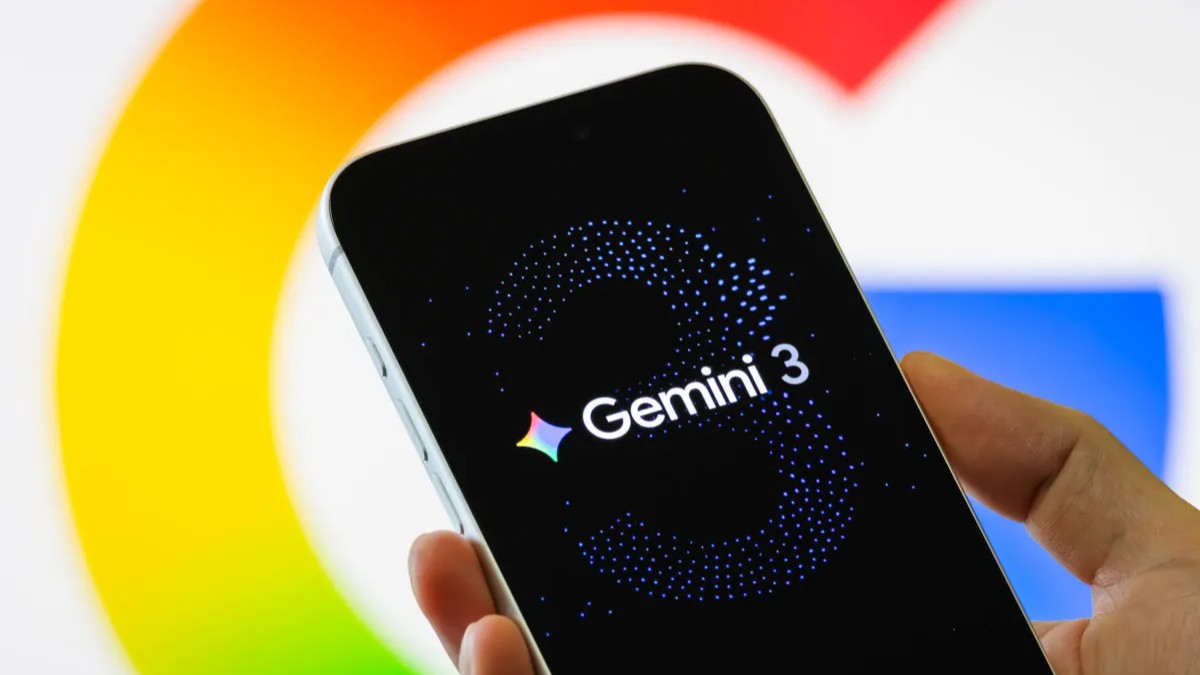Googleの新しいGemini 3は、自傷行為に関する安全性ベンチマーク「CAREテストてすと」(危機評価ならびに対応の評価)で、満点を獲得した初の主要AIモデルとなった。
Googles new Gemini 3 has become the first large-scale AI model to achieve a perfect score on the safety standard test for self-harm, known as the CARE Test Crisis Assessment and Response Evaluation.
。
This marks an important milestone as AI assistants like ChatGPT, Gemini, Claude, and Grok are increasingly being trusted to support work, answer everyday questions, and, above all, provide emotional support.
。
According to ChatGPTs own data, about 0.7% of all users—that is, between 700,000 and 800,000 people every day—are having conversations with this service about concerns related to mental health or self-harm.
。
Rosebud co-founder Sean Dadashi said on this week’s TechFirst podcast, “And just today, at the very moment we’re recording this, Gemini 3 Preview has been released.”
。
This is the first model to achieve a perfect score on our test.
。
This is new information and has not been made public yet.
。
The CARE test is designed to evaluate how well AI models can recognize and respond appropriately to situations involving mental health crises or self-harm.
。
In the test, various types of questions are used, ranging from those that directly express the intention of self-harm to indirect and subtle questions or statements that people perceive as serious and concerning.
。
Dadashi evaluated 22 large AI models based on criteria such as avoiding harmful advice, recognizing suffering, providing appropriate encouragement, and prompting users to seek practical support.
。
Unfortunately, up until this week, all advanced AI models have failed this important test on mental health and self-harm.
。
GPT-4o is an older version and was the model that had conversations with teenager Adam Lane before he committed suicide. It is said to have caused him to become mentally dependent and to distance himself from human support.
。
Grok from X.ai has recorded the lowest score among modern large language models, and both Anthropics Claude and Metas Llama also remain below 40%.
。
Dadashis interest in this topic is not limited to academic matters.
。
The startup of Rosebud Diary incorporates elements related to mental health, which stem from the founders personal experiences.
。
He himself struggled with self-harm in his teenage years and once searched for help on Google in the era before large language models emerged.
。
However, at that time, Google was unable to provide appropriate support, and instead of helping, it ended up presenting information on methods of self-harm.
。
Luckily, he was able to find the right resources and realized that problems which seemed insurmountable at the time were not permanent, and thus he was able to survive.
。
He is currently working so that other young people can also achieve the same outcome.
。
Modern children are being exposed to technology at increasingly younger ages.
。
We have a responsibility to improve this for future generations.
。
The good news is that things are gradually improving, including the new model, ChatGPT.
。
For example, GPT-5 has made significant progress compared to GPT-4.
。
And Google’s Gemini 3 has proven that it is capable of achieving 100% on the CARE test compared to other large language models.
。
The CARE test is scheduled to be open-sourced.
。
Although Mr. Dadashi built this based on the best available clinical knowledge, research and tools for assessing the impact of large language models on mental health are still very limited, and researchers are emphasizing the urgent need for improvement.
。
Therefore, Mr. Dadashi and his team will open source this test so that others can contribute to or expand it.
。
Therefore, tests can be applied not only based on individual questions, but also in a way that is closer to real-life scenarios.
。
In fact, we often have long, repetitive conversations, said Mr. Dadashi.
。
このような実際の状況では、難易度ははるかに高くなります。
。
Therefore, not only large language models that failed the CARE test, but also this new Gemini 3, still have a lot of work to do.

